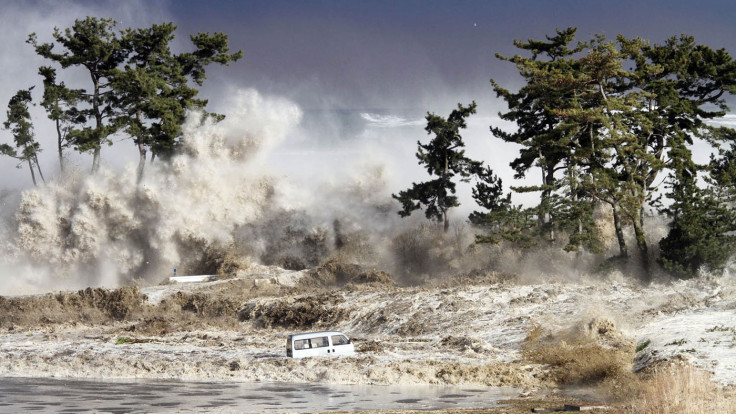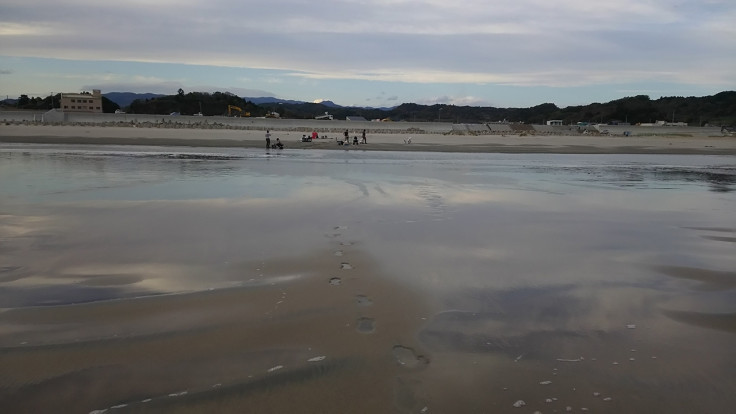Japanese beaches 60 miles away have become major source of radioactivity after Fukushima
Beaches are leaching highly radioactive caesium.
Eight beaches in Japan have been found to have high levels of radioactive caesium from the 2011 Fukushima disaster.
The Fukushima Dai-ichi Nuclear Power Plant was struck by a magnitude 9 earthquake on 11 march 2011, causing reactor meltdowns and the release of radioactive matter into the immediate environment. Beaches up to 60 miles away from Fukushima are now a significant source of radioactive caesium released in the accident, a study in the journal PNAS has found.
The radioactive element caesium appears to 'stick' to sand in a freshwater environment, washing far away from the site of the meltdown. Once this water mixes with the salty sea water, the caesium is released from the sand, leaching back into the ocean.
"No-one expected that the highest levels of caesium in ocean water today would be found not in the harbour of the Fukushima Dai-ichi nuclear power plant, but in the groundwater many miles away below the beach sands," said study author Virginie Sanial of Woods Hole Oceanographic Institution.
The rate of discharge of radioactive caesium from the beaches was on a par with the direct discharge from the power plant itself, the authors say.
"It is as if the sands acted as a 'sponge' that was contaminated in 2011 and is only slowly being depleted," said Ken Buesseler of Woods Hole Oceanographic Institution.
Sanial added: "Only time will slowly remove the caesium from the sands as it naturally decays away and is washed out by seawater."
Many other coastal nuclear reactors could also spread radioactive material over great distances through this mechanism, the authors say.
"There are 440 operational nuclear reactors in the world, with approximately one-half situated along the coastline," they observed.
However, the authors stressed that this groundwater was not a source of drinking water hence poses no health hazards to humans.
"No one is either exposed to, or drinks, these waters, and thus public health is not of primary concern here."


© Copyright IBTimes 2025. All rights reserved.






















